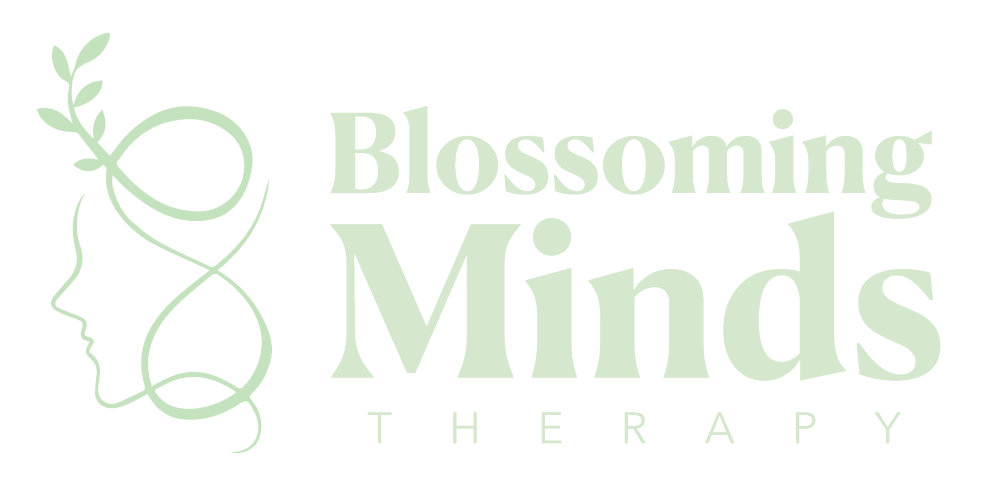How do we define Dementia?
This article will give a brief summary of the definition of dementia, its causes and some strategies you can implement to reduce the severity of symptoms and that will allow you to have a healthy lifestyle. Dementia is an umbrella term for loss of memory and other abilities that are severe enough to impact someone’s daily life. It covers a wide range of medical conditions including: Alzheimer’s disease (Alzheimer's Disease and Dementia). Dementia triggers a decline in thinking abilities, memory and behaviour. These abnormal brain changes interfere with an individual’s normal working and social life; as well as feelings and relationships (Alzheimer's Disease and Dementia). Dementia can occur to anybody, but the risk increases with age; nonetheless, it is not a normal part of ageing.
It affects almost 1 in 10 people over the age of 65, and 3 in 10 for people over the age of 85. It is the second leading cause of death in Australia (for women more than men). The signs of dementia gradually get worse over time; below are a few tips that can be used to prevent the severity of dementia (Dementia Australia).

What are the signs of Dementia?
(Bayles et al., 2018)
Can you reduce the risk of dementia?
(Dementia Australia)
Non-modifiable risk factors (risks that cannot be changed):
- Age
- Genetics
- Family History
Livingston et al. (2020) states that 40% of dementia risks can be modified(can be changed through lifestyle choices)
Heart health
- Regular check-ups for blood pressure, blood glucose levels and cholesterol
- Stop smoking
- Eating healthier
Body Health
- Physical activity
- Eating healthy (fruits, vegetables, reduce intake of saturated fats, eat foods rich in omega-3 fats)
- Healthy sleep practices
- Looking after hearing
- Reduce alcohol consumption (Better Health Channel)
Mind Health
- Socially active: dancing, travelling, volunteering, joining a group: bookclub
- Cognitively active: puzzles, trivia games, socialisation
- Look after mental health
- Practice memory tasks: retaining information in mind, writing things down, crossword puzzles
- Manage stress (Better Health Channel)
References
1.Bayles, K., McCullough, K., & Tomoeda, C. K. (2018). Cognitive-communication disorders of MCI and dementia: definition, assessment, and clinical management. Plural Publishing.
2.Dementia - reducing your risk. (n.d.). Better Health Channel - Better Health Channel. https://www.betterhealth.vic.gov.au/health/conditionsandtreatments/dementia-reducing-your-risk
3.Livingston, G., Huntley, J., Sommerlad, A., Ames, D., Ballard, C., Banerjee, S., Brayne, C., Burns, A., Cohen-Mansfield, J., Cooper, C., Costafreda, S. G., Dias, A., Fox, N., Gitlin, L. N., Howard, R., Kales, H. C., Kivimäki, M., Larson, E. B., Ogunniyi, A., Orgeta, V., Mukadam, N. (2020). Dementia prevention, intervention, and care: 2020 report of the Lancet Commission. Lance, 396(10248), 413–446. https://doi.org/10.1016/S0140-6736(20)30367-6
4.What is dementia? (n.d.). Alzheimer's Disease and Dementia. https://www.alz.org/alzheimers-dementia/what-is-dementia
5.What is dementia? (n.d.). Dementia Australia. https://www.dementia.org.au/about-dementia/what-is-dementia




